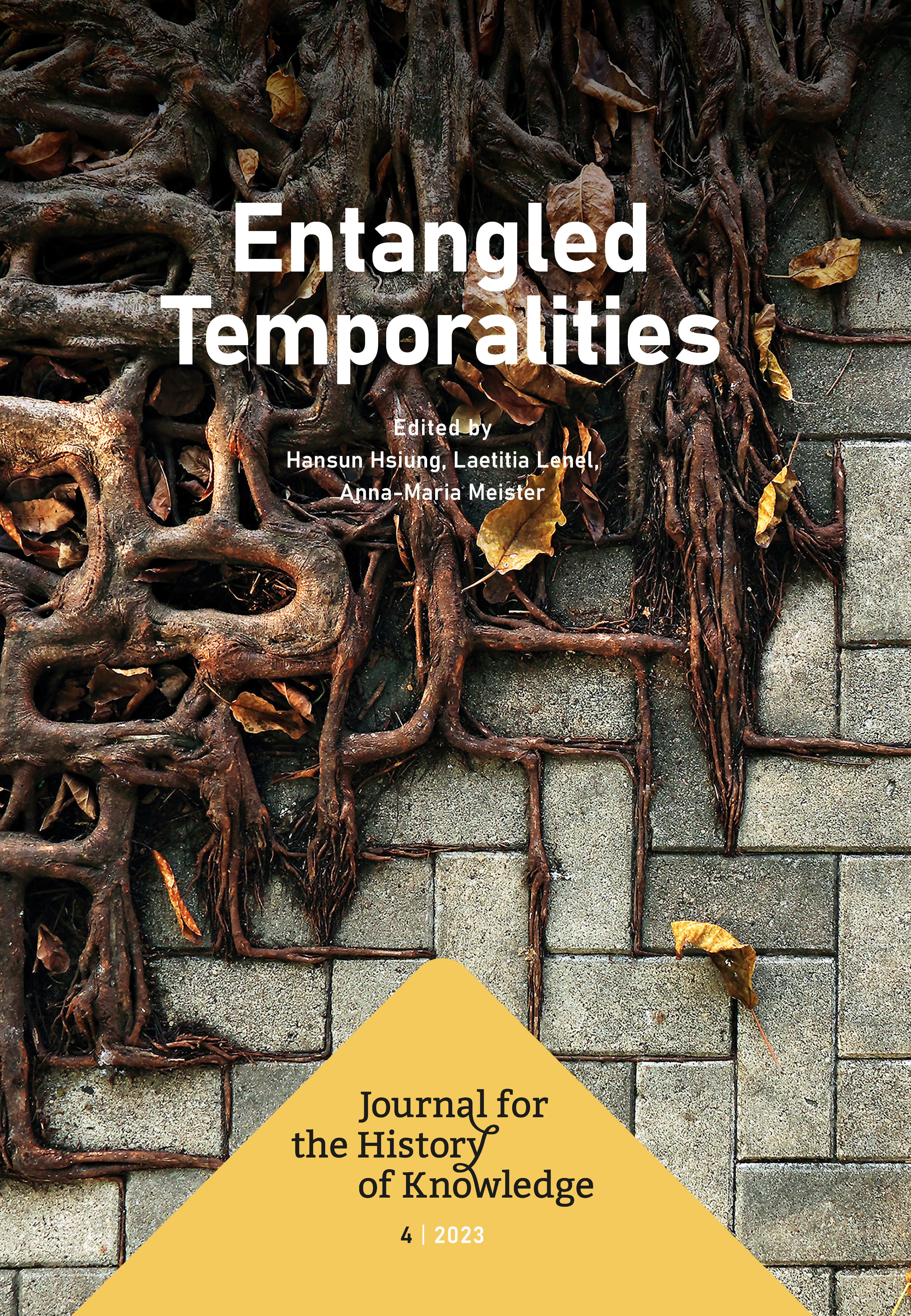No Time for Empathy
Entangled Temporalities of Pediatric Medical Experimentation in Early Postcolonial India
DOI:
https://doi.org/10.55283/jhk.12414Keywords:
hemoglobinopathies, genetics, blood, Calcutta, tropical medicine, Bioethics, malariaAbstract
Between 1956 and 1964, in Calcutta, India, at least seven young children with congenital hemoglobinopathies, perhaps more, were injected with various strains of malaria to test their possible immunity. Some of the children were tested on repeatedly. The experiments exposed the already sick children to additional risks and suffering. Strikingly, these experiments started less than a decade after decolonization and were conducted by Indian doctors, rather than colonial doctors. In this article I argue that such tragic practices can only be understood with reference to a set of entangled temporalities. Specifically, the temporal urgency of the postcolonial moment, the absent time of ethical regulations, and the familial tempo of caring for congenitally sick children. The entangled temporalities that authorized the pediatric experimentation, however, would not be visible without the reflexive hermeneutics developed by the Subaltern Studies scholars and nourished by the experiences of academic immigration.
Downloads
Downloads
Published
Issue
Section
License
Copyright (c) 2023 Projit Bihari Mukharji

This work is licensed under a Creative Commons Attribution 4.0 International License.


